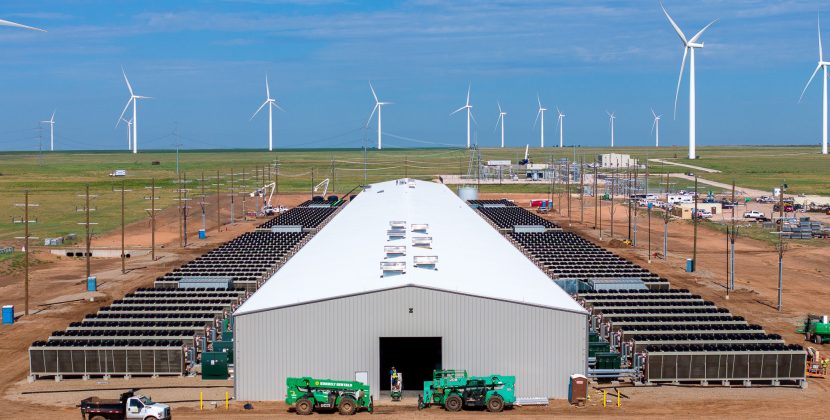
Serenity Shield, a fully decentralized multi-chain data storage solution, has launched its inaugural DEPIN ( Decentralized Physical Infrastructure Network), a decentralized storage facility in Oman. As per the press release, it will be the first facility of many to go live for testing across a global network of interconnected points at pivotal locations in India, Portugal, Netherlands, USA and Australia.
Serenity Shield is a fully decentralized multi-chain solution dedicated to privacy and security. It empowers individuals and businesses to interact securely and confidently in the digital world by leveraging the power of blockchain to safeguard and protect user data.
The operation seeks to liberate individuals and corporations from their current dependence on centralized cloud services for data storage.
With this robust infrastructure, Serenity Shield will allow individuals, businesses and government institutions to access a completely new form of data storage that gives redundancy, security and decentralisation by design. The vast array of global data centers will help to mitigate the centralised risks that currently threaten the widespread adoption of blockchain technology.
Venket Naga, CEO of Serenity Shield, explained, “The self-custodial narrative of decentralization hasn’t been able to stand up amidst the continued dependence on centralized cloud services to store data. We’ve been focused on addressing this for a long time and are finally able to deploy a remarkable solution in getting our DePIN facilities off the ground. In building and launching these state-of-the-art physical facilities, we’re able to fully support a Web3 ecosystem beyond the outlining of conceptual plans in a whitepaper.”
As per the press release, individuals who participate as node operators within the globally distributed network are set to benefit from incentive mechanisms such as token rewards and utility cost settlements. As the operations evolve, tokenized energy rewards will be distributed to users based on their specific locations and requirements, bringing an unparalleled aspect to a project of this kind with the convergence of DePIN and RWA.
The operation is also set to be funded through Green Hydrogen initiatives for renewable energy by governments across the selected locations, with the DePIN architecture already aligning with several sustainability initiatives.
In addition commercial blockchain projects will also be encouraged to contribute resources to the network and foster a collaborative ecosystem. Small and medium enterprises will experience advantages to supply chain management, data synchronization and content distribution; and governmental institutions will be able to better preserve public records and sensitive information.
Venket concluded, “By embracing the values of Web 3.0 and building upon the foundations laid by Web 2.0, we are forging a path towards a fine-tuned decentralised, resilient, and inclusive digital future. We are in the middle of an exciting digital transformation where the paradigm is shifting from centralized to decentralized systems, redistributing power and control in unprecedented ways.
At the forefront of this revolution stands the opportunity for an innovative Decentralized Physical Infrastructure Network to redefine how we conceive, construct, and manage physical infrastructure. It makes sense to start with the data.”











